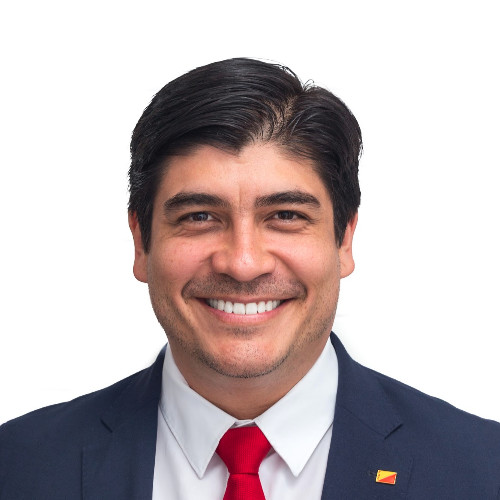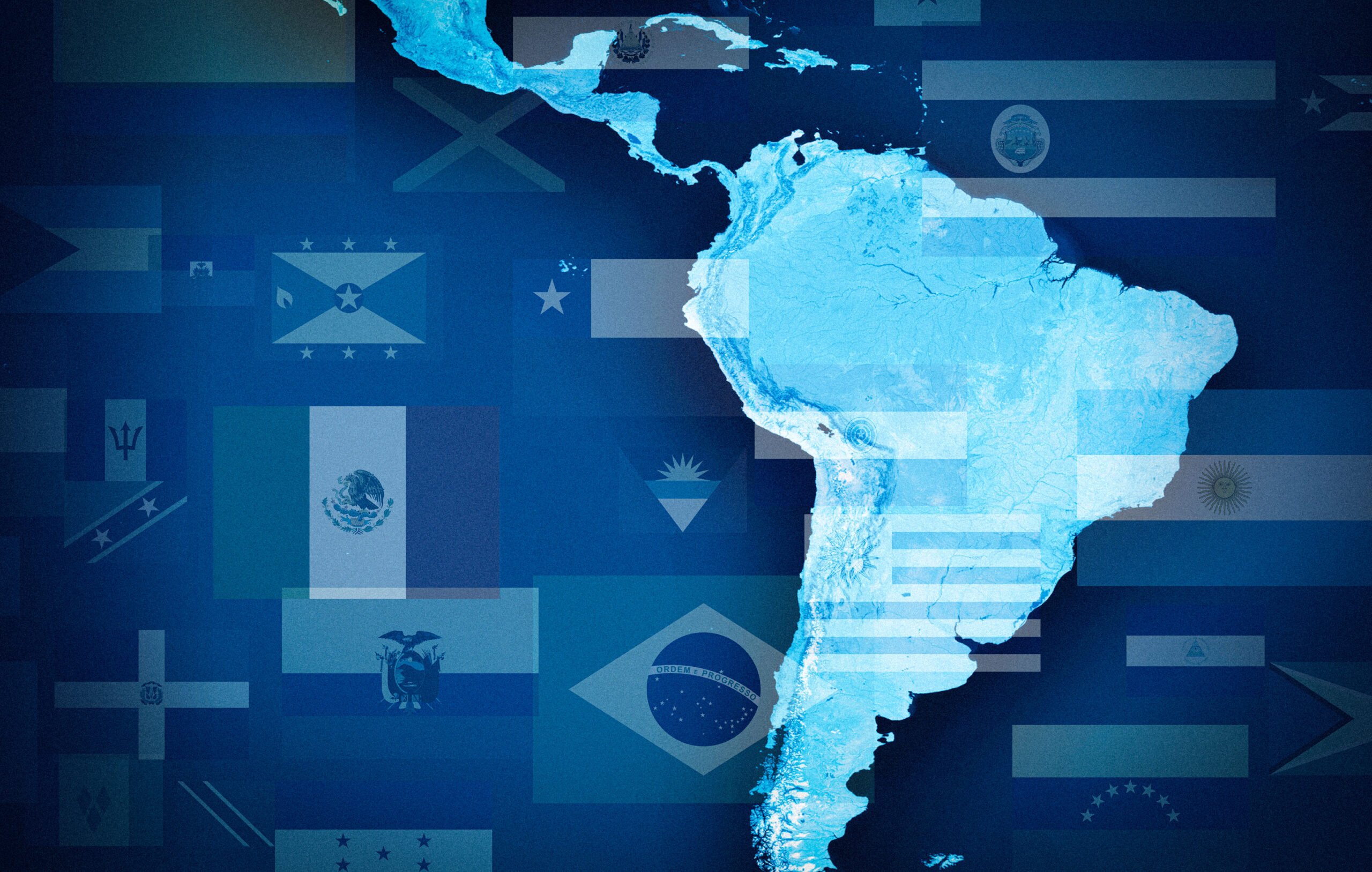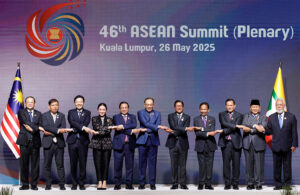When I listen to African leaders in global forums these days, I feel a mix of pride and envy. In an increasingly fragmented world, Africa has achieved something rare: a unified voice.
Over the past two decades, the continent has managed to weave national ambitions into a true collective strategy. Africa’s path is not perfect—coups, civil and military conflicts, and democratic setbacks continue to challenge its stability. But the continent’s progress on the international stage is undeniable. The African Union and its 55 members have negotiated as a bloc a pandemic treaty, obtained a permanent seat at the G20, held the African Climate Summit, and maintained for 20 years a coherent position on reforming the Security Council and international financial institutions.
Europe, too, retains a notion of a common destiny, even while facing its gravest dilemmas since World War II.
But this isn’t the case for Latin America and the Caribbean.
For at least two decades, our region has lacked a coherent narrative capable of translating into concrete results. Integration projects pile up as mere bureaucracies that lack the political strength to affect people’s lives in any meaningful way. The Organization of American States survives, but only in intensive care, preserving essential functions such as the defense of human rights and electoral observation, yet with diminishing political influence. It’s not the organization itself that is to blame: Any multilateral body is only as effective as its member states and their leaders make it.
Over two centuries, our region has sought a common narrative that gives it meaning and direction. Today, however, that narrative seems more fragile than ever.
The region defines itself between loneliness and oblivion. Recent decades confirm this, even in the titles of those who have reflected on it: The New Solitude of Latin America (Lagos, Castañeda, and Aguilar Camín, 2022), The Forgotten Continent (Reid, 2017), the echoes of García Márquez (The Solitude of Latin America, 1982; One Hundred Years of Solitude, 1967), Fuentes (The Buried Mirror, 1992), and Paz (The Labyrinth of Solitude, 1950).
This solitude has deepened during Donald Trump’s second administration, which exposed the region’s fragmentation. Washington favored an explicitly bilateral approach, negotiating tariffs or migrant transfers even when those migrants were not nationals of the receiving country. The treatment of Latin American migrants encapsulates, on a human level, the diplomatic relationship the United States maintains with many of the region’s countries. In an environment of “every country for itself,” every country in Latin America and the Caribbean has predictably struggled to defend its sovereign interests.
Faced with loneliness and oblivion, the only remedy is human will: the Latin American decision to persist and fight for something better. Solitude and oblivion are not natural conditions—we could escape them through conscious choice.
This is not about offering absolute truths or messianic solutions—a messianism that, as Steven Levitsky and Moisés Naím have pointed out, has been one of our region’s most harmful exports. Rather, I offer four ideas, hoping to illuminate possible paths forward:
First: Put people at the center and ideology in the background. In Africa or Europe, political affiliation does not block regional cooperation. In Latin America, it does. Leaders—but above all, young people—from all ideological tendencies must learn to coexist within a project of shared minimums, one that does not erase differences but allows progress together. As a former president of Costa Rica, I have seen how ideology divides and how agreements on shared basics can achieve previously unthinkable goals. Transcending ideological division does not mean abandoning convictions but accepting that a common future does not require erasing “the other.”
Second: Strengthen ties with the Caribbean. Without it, the Americas are incomplete. Size does not determine importance. In fact, the Caribbean has shown political and organizational consistency the mainland would envy. We must build a shared vision that recognizes this diversity as an asset.
Third: Rethink and redefine our positioning with the world’s power blocs in a multipolar era. As the world shifts from the old order to a new one, it is imperative that the region defines its stance in a coordinated way. Any country that negotiates bilaterally with larger blocs starts at a disadvantage. This is not about confrontation, but about balance.
Fourth, and perhaps most important: Invest in forming a new generation of regional leadership. The narrative vacuum is also a leadership vacuum. The region needs new leaders capable of thinking beyond borders and electoral cycles, trained in cooperation, long-term vision, and respect for diversity. It is no longer enough to just identify as Latin American or Caribbean from a position of power or from a university in Paris, London or Boston. We must create our own spaces—academic, civic, and political but above all, plural—where practical and ethical leadership can be cultivated and connected to the real needs of our people.
The challenge is to cultivate a generation that thinks regionally, understands that the progress of one country depends on that of its neighbors, and recognizes that cooperation is not a romantic ideal but a condition for political and economic survival. To forge a plural generation of leadership aware that our destiny in Latin America and the Caribbean is intertwined: geographically, economically, historically, and humanly. I say this deliberately: Our current leadership, including my own, has not built that narrative nor advanced the actions to sustain it. Recognizing and correcting that may be the first step toward change.







